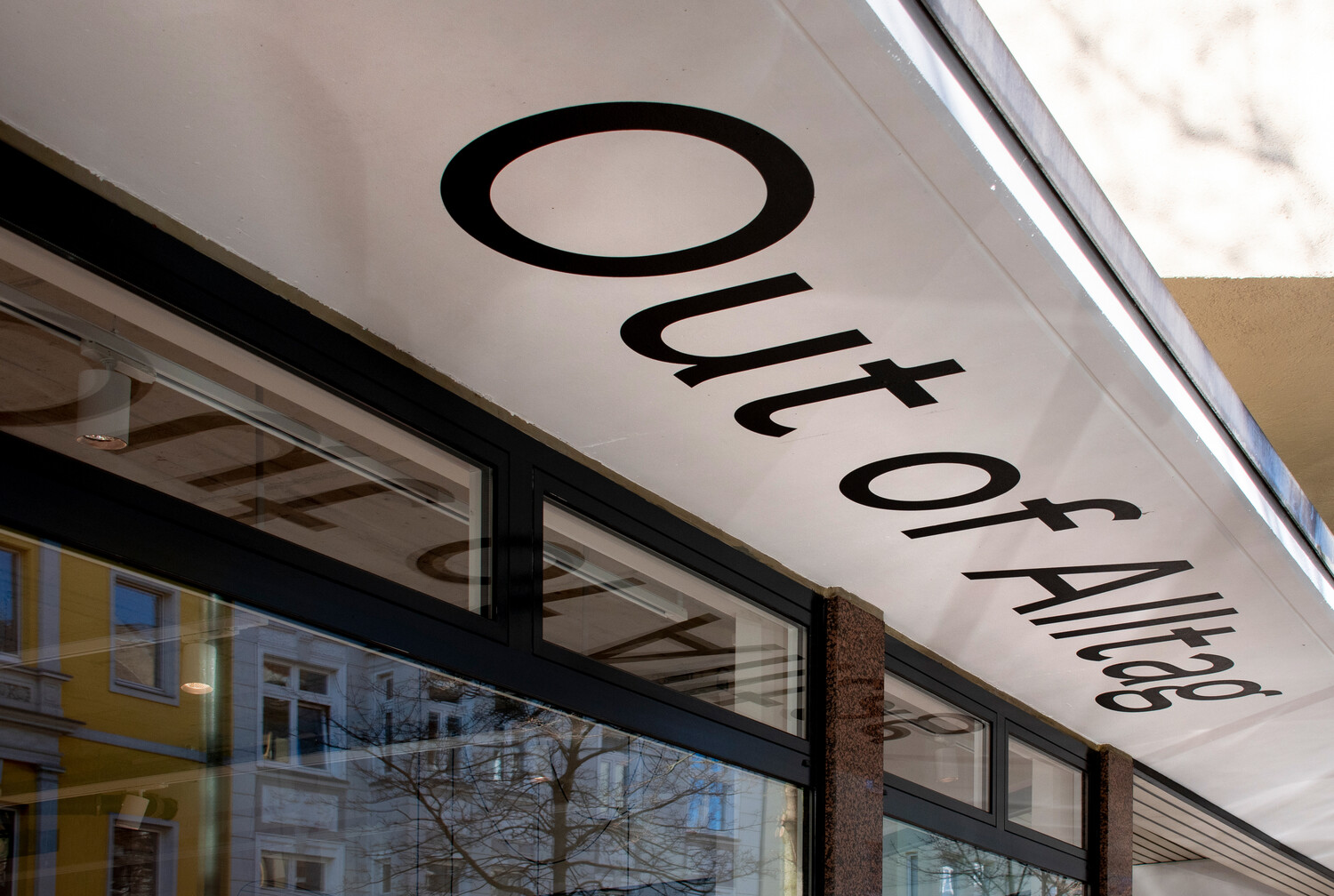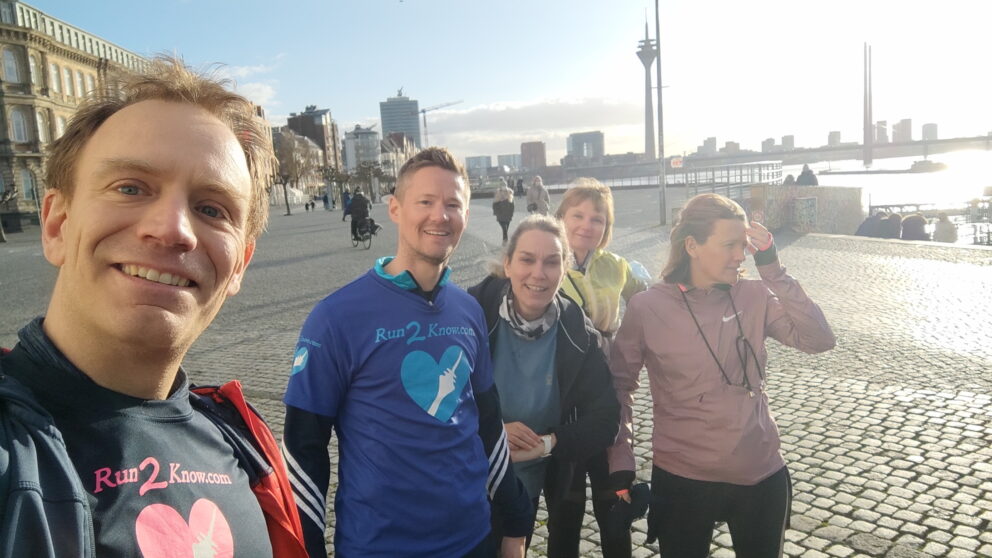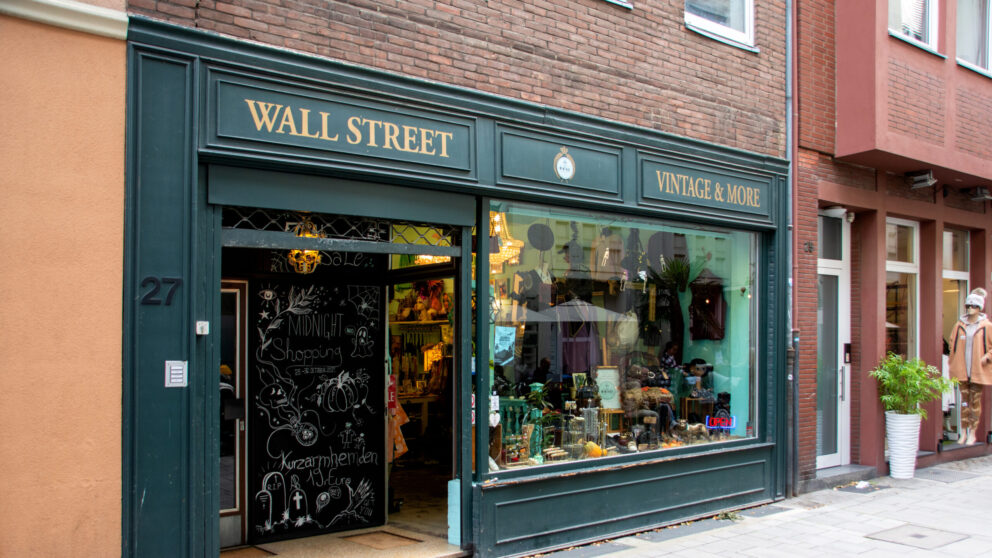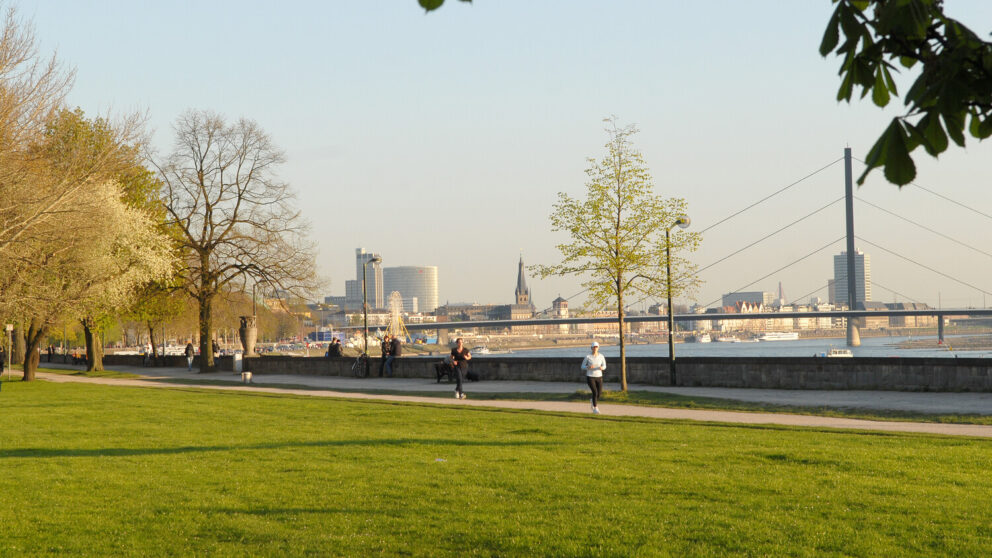
Six new stores for ethical shopping at its best
Six new stores for ethical shopping at its best
Great places for guilt-free shopping
When did you last go on a proper shopping spree? Quite a while ago? Then it’s about time! Düsseldorf has a whole range of new shops, offering everything from fashion and footwear to cosmetics, furnishings and food. And what’s even better, the goods on sale there don’t just look great, smell nice or taste good, they’re often ethical too. For this new generation of shops, sustainability isn’t merely an afterthought, it’s often the starting point. This means you and your friends can indulge in guilt-free shopping to your heart’s content – to lift your look, jazz up your home or just to treat yourself if you need a bit of a boost. Of the six new arrivals that we highlight here, three are in Düsseldorf’s old town and three in the Flingern district. So our tip would be to start off in the city centre in the morning, enjoy lunch at the newly established Ghorban Delikatessen, then visit the shops in Flingern. A full day of shopping fun! You’re bound to find something you’ll love.
Seifenmanufaktur Klar
Why don’t they make things like they used to in the good old days? Except sometimes they still do, you’ve simply got to know where to find them. The retailer Manufactum does offer a small selection of the Klar line of classic soaps, but fans of the Heidelberg cosmetics brand (established in 1840) haven’t been able to shop for the full product range in Düsseldorf until now. Klar soaps – most of them still made by hand in Germany according to traditional recipes using vegetable oils – are now available in the soap manufacturer’s own store on Mittelstrasse. And they’re not just for washing your hands either. There’s curd soap – a true classic for use in the bath or shower, but equally suitable for removing stains or washing dishes – as well as a wide range of different hand, body and bath soaps, along with shampoo and conditioner bars and shaving soaps. "Our soaps are rolled five times instead of three, which makes them last longer because they’re less brittle," explains shop manager Christine Frenzel, a certified beautician. One 100 gram bar of hand and body soap will last a two-person household around two months. The shop also offers special face soaps for different skin types that can replace liquid cleansing products. Plastic-free packaging is a given – naturally.
Ghorban Delikatessen
This was just what we needed! Ramin Ghorban has been cooking up and selling his mediterranean delicacies in Wuppertal for more than 15 years. Now the company he founded has opened a branch on Düsseldorf’s Heinrich-Heine-Allee. Ghorban Delikatessen is a family business, with the boss himself in charge of finding the perfect ingredients and developing the products. "We always select our ingredients ourselves, with great care. We take the time to visit our agricultural partners regularly," says Ghorban, who started out as a retailer and then moved to the production side. "That was a pretty natural progression, given our high standards," he says. "Most of our producers work according to strict organic principles." In addition to exquisite wines, the tall shelves and wide counters are also brimming with freshly prepared foods, such as fine cheeses, salami, ham, antipasti and amaretti biscuits. "We often come up with new ideas for refining our products when we’re cooking and eating together." Ghorban’s delicatessen doubles as a café and restaurant and brings a very welcome mediterranean vibe to Heinrich-Heine-Allee.
Camper
The Camper store on the corner of Neustrasse and Flinger Strasse is new – unlike the Camper brand itself. Its history goes all the way back to 1877, when shoemaker Antonio Fluxà brought the first mechanical shoemaking machines to Mallorca from England. In 1975, his grandson Lorenzo Fluxà founded the Camper brand with the vision of making timeless, high-quality products with minimal social and environmental impact. Today, almost 50 years later, the shoes continue to be created in Inca, in the rural heart of Mallorca. Although Camper doesn’t have an official ‘green’ certification as such, the company has repeatedly positioned itself as sustainable in recent decades, for example through its "If you don’t need it, don’t buy it" campaign in the year 2000, or with its Wabi model, made using a single synthetic material and therefore easy to recycle in its entirety. Since 2013, Camper has also been a member of the Leather Working Group to ensure that the tanneries it uses operate in accordance with eco-friendly guidelines. Also worth a mention is their ‘Second Life’ scheme, which allows you to return your used shoes to Camper for recycling. It also forms the basis for their ReCrafted line of one-off pieces created from worn-out, returned or faulty items. If you want to try it for yourself, simply drop off your old Camper shoes at the shop and you’ll receive a €10 voucher.
Sneakers Unplugged
If Camper are all about recycling, the owners of Sneakers Unplugged are particularly keen on alternative materials. Some of their snazzy trainers have uppers made from industrial maize waste, some use apple, cactus, pineapple or grape leather. The shop opened on Lindenstrasse in June 2022. Word soon got around that the shoes sitting on its wooden shelves not only looked great but were good for the environment too. Owners Reya and Christian Ohm, who also run branches in Berlin, Münster and Cologne, have a real knack for tracking down interesting brands. In addition to sustainability pioneers Veja they also promote labels like MoEa, a PETA-approved vegan company from Paris whose shoes are handmade in Portugal. Then there’s Saye, a business from Barcelona that plants two trees for every pair of its sustainable trainers that are sold. Frankfurt-based ekn only uses organic cotton, chrome-free tanned or vegan leather, nickel-free eyelets and recycled rubber. And Swedish brand Humans Are Vain is also right on trend with its focus on the circular economy.
koko selected
A former hair salon located at the junction of Birkenstrasse and Hermannstrasse is now home to the latest sensation in Düsseldorf’s fashion scene. The racks at koko selected are filled with second-hand clothing that has been lovingly curated and very well looked after, plus a small but select range of brand-new sustainable fashion items. The shop is run by Pia Landwehr, Karla Schumann and Katrin Nordhaus, who have known each other since primary school. Their business studies degrees took them to different German universities, but they were reunited in Düsseldorf in 2018. "We had always toyed with the idea of starting a project together," says Pia Landwehr. "Something we’re enthusiastic about and that we all support wholeheartedly." They want their store in Düsseldorf to be a place where fans of preloved fashion feel just as much at home as people more used to trendy boutiques. "We’ve made a deliberate choice not to specialise in particular styles, brands or price points. We prefer to have a bit of everything in the mix, and we love nothing more than finding old favourites a new home," is how the three sum up their business philosophy. New vintage items are added to their stock every day, so you’d be well advised to visit more than once!
Out of Alltag
Over the last ten years, Rike Stephani has made a name for herself with her design concept store rikiki on Hermannplatz. Now follows what she describes as "the next logical step" – a shop selling furniture and interior design objects. The stylistic concept behind Out of Alltag on Flingern’s Ackerstrasse embraces a radical approach to colour that in itself would be enough to take you out of the everyday – or the Alltag as the Germans call it. Stephani focuses on furnishings, and her selection of brands combines sustainability with design. She’s also not afraid to feature less well known names. One stunning example are the functional sofas created by Objekte unserer Tage from Berlin, which are made to order in every colour of the rainbow. Or how about adjustable lights from Midgard, a company that was founded in 1919 and originally produced lamps for the Bauhaus? Hamburg design label Victor Foxtrot is known for its powder-coated tables, lamps and chairs in bold colours, which make a most suitable addition to the range.
Title image: Düsseldorf Tourism




